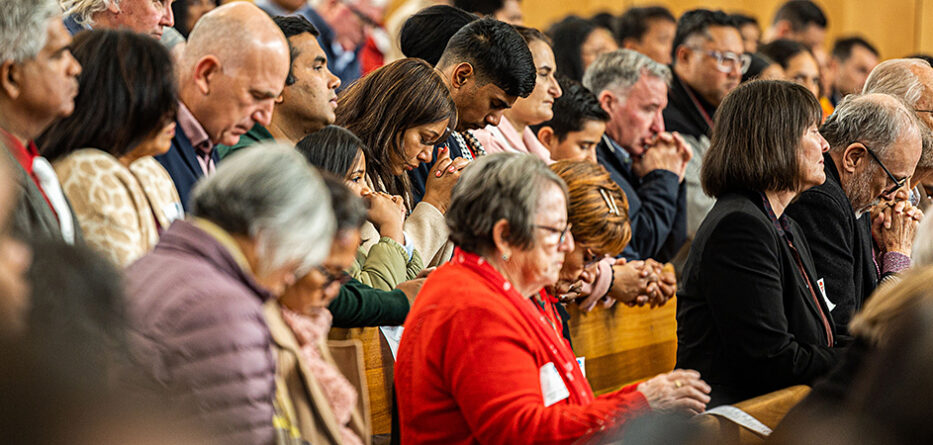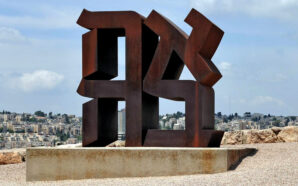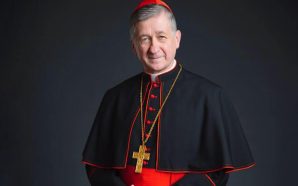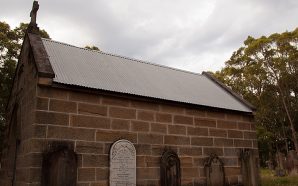Pope Francis and the opening up of new sources for theological reflection
The implications of Pope Francis’ recent revision of the statutes of the Pontifical Academy of Theology offer theologians a third source for theological reflection, namely, culture and context.
An “open”, “synodal” and “missionary” theology, free of “self-referent” structures of thinking can be dynamic and engaging. This is the basis of a transdisciplinary theological approach that is not afraid of contemporary physical, human and social sciences. It does not hide concepts of nature, humanity, society, justice and power that are more at home in the Middle Ages or the 19th century modernist controversies.
Central to Francis’ theological shift is Romano Guardini, a prominent figure in the German Reform theological and liturgical movement of the late 19th and 20th centuries. Guardini’s emphasis on the importance of experience and context in theological reflection resonates with the pope’s vision of a Church deeply connected to the contemporary world and Francis’ writings reflect and reference Guardini’s thinking.
Guardini’s theological worldview
Guardini’s theological context is the transformative period from the late 19th to the mid-20th century. It comes in the backdrop of industrialization, war, and philosophical movements, among which is the Lebensreform Movement. This politically diverse social reform movement in France and Germany in the mid-nineteenth and early twentieth centuries had a leading German proponent in Wilhelm Dilthey (1833–1911). Dithey differentiated between the life of the individual and life as a whole, emphasizing that understanding life required accessing the full, unblemished experience. He criticized philosophy that focussed too much on rationality and neglected dimensions of will and emotions.
Similarly, Guardini critiqued the impact of modernity on individuals and societies. His critique of Neo-Scholasticism paralleled his criticism of industrialisation, where he highlighted the disconnect between academic theology and the lived experiences of people. Guardini placed experience at the centre of his theological reflection and the heart of the relationship between liturgy and life. He criticized the Neo-Scholasticist narrowness that reduced theology to a set of propositions, because it took too little account of the realities of people’s lives, and lacked a genuine understanding of the contemporary faith experience.
German Reform theologians
Pope Francis has emphasized that we live in a “change of epoch”, which requires deeper theological engagement with societal and cultural changes that mould our understanding of faith, worship, salvation and God. We need a liturgical vision of the world that understands the fundamental ecology of life and the interrelationships between all spheres of knowledge within our “common home”.
Among the German Reform theologians, Guardini represents a unique openness to the world and questions of faith posed in the context of culture. And it is this perspective that Francis is offering to theologians.
Guardini advocated for a reform of Catholic believers through the vehicle of the liturgy. In a living liturgical experience, rooted in the actual lives of the participants, liturgy becomes a source of vibrant renewal. A liturgical encounter, embedded in human experience, intimately connected to life and expressed in meaningful ritual, becomes the place where an individual is awakened to the glories of life. In a liturgical act of this nature, the presence of God is made accessible and God, who is present and active in the whole of creation, is celebrated as the source of all things.
Culture, context, scripture and tradition
Just as Guardini’s work focused on the relationship between liturgical practice and lived faith, today’s theologians need to consider the relationship between culture and context and how they relate to scripture, tradition and magisterial teaching. Just as Guardini proposed that liturgy and life are experiences that are incarnated in an individual—a whole integral being—who prays and lives, today’s theologian cannot do theology without considering the culture and context that constructs the incarnational experience of being human, as constitutive sources of theological insight and knowledge, perhaps even as sources of revelation.
Recognizing context as a pivotal source of theology for comprehensive theological engagement with significant questions of societal and cultural changes also offers the opportunity to stop trying to answer theological questions through legal recourse, because ecclesial law is not theology. The limitations of juridic disciplines underscore the importance of starting theological inquiries from the perspective of lived experiences, prayer, and incarnational practices.
Thus, answering questions concerning ordination, sexuality and gender, or blessings of non-juridic couples through the use of Canon Law only ends in frustration, because these are theological questions for which Canon Law lacks the necessary foundation. In matters as important as these there are two maxims: 1) people pray (orandi) what they believe (credo) and prayer sets the stage for belief and; 2) praxis always precedes formulations; where the people go, formulation and finally law follow behind.
To “do theology”, theologians must use culture and context when they consider how scripture, tradition and magisterial teachings are “heard” or not heard today. This is essential if they are to gain insight into how an event, a teaching or an act of worship becomes either positively or negatively transformative of individuals or groups.
Romano Guardini’s theological legacy, characterized by an openness to the world and a focus on the intimate connection between liturgy and life, aligns with Pope Francis’ call for a theology engaged with societal and cultural changes.
J.P. Grayland is currently visiting professor at the University of Tübingen (Germany). A priest of the Diocese of Palmerston North (New Zealand) for nearly 30 years, his latest book is titled: Catholics. Prayer, Belief and Diversity in a Secular Context (Te Hepara Pai, 2020).
Reproduced with permission from La Croix International.








